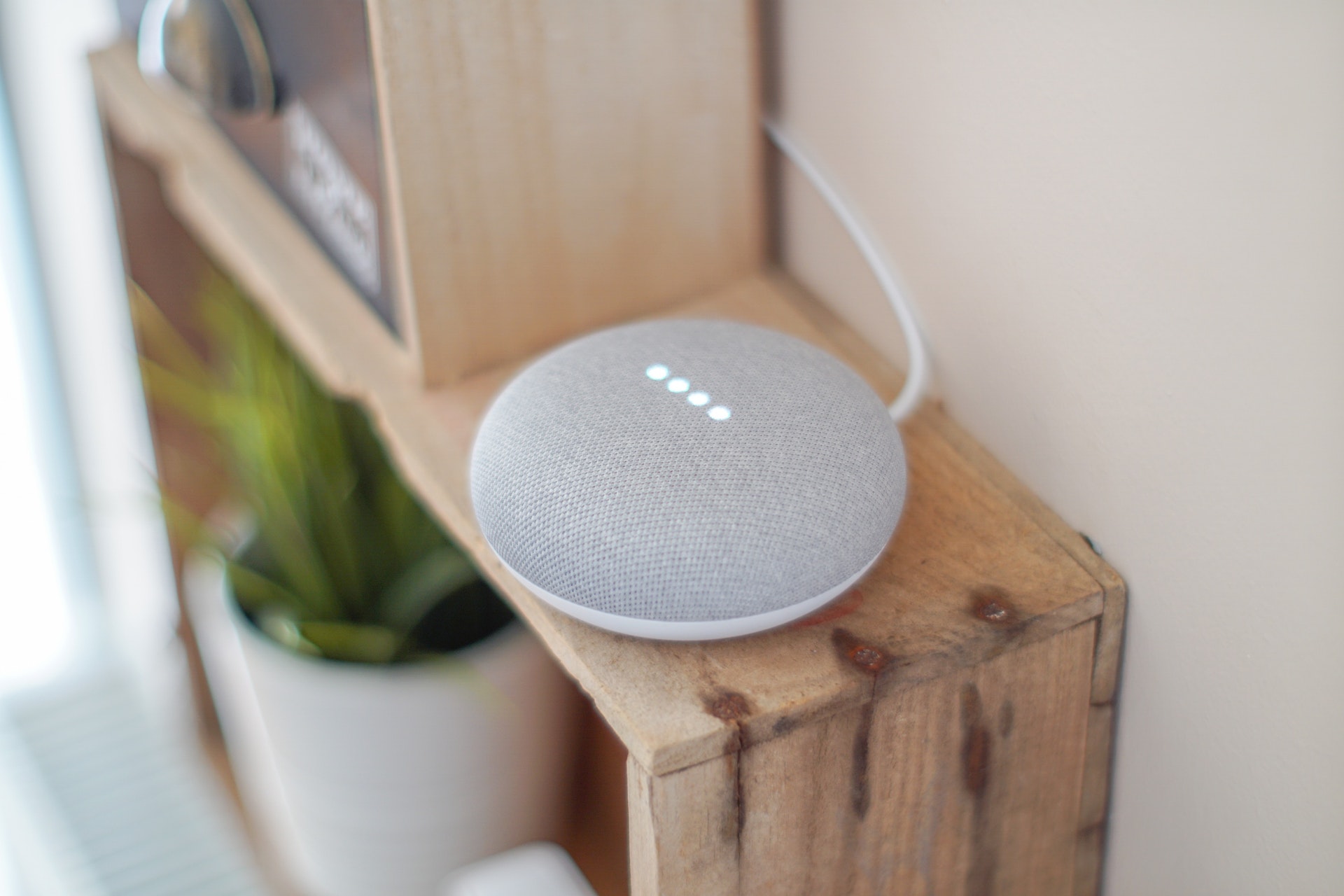
If you were looking for a single statistic that underlined why smart home and home automation technology has become so popular over the last few years, let it be the following:
One recent study revealed that the average amount of money a person can save from using smart home products is about $98.30 per month, adding up to roughly $1,179.60 per year. Equipment like smart thermostats, connected sensors and "intelligent" security systems are more than just a "modest convenience" for many people. They're a true investment in every sense of the term - and one that will essentially pay for itself over time with the right application.
But as is true with so many other areas of technology, smart home and home automation tech is evolving all the time. That's why there are a few important trends in this area that all real estate professionals should be paying close attention to in 2020 and beyond.
One of the most critical home automation trends for 2020 is also one that, for many people, couldn't have come along at a better time: standardization.
A major pain point for so many real estate professionals and home builders trying to use home automation as a marketing tool always involved the fact that there were so many platforms to choose from. Ecosystems from Amazon, Google and even Apple all exist - but rarely do they work together in the way someone would want. Limiting users to one ecosystem also limits device compatibility, while trying to put together a system with a mishmash of ecosystems could easily lead to security vulnerabilities, among other issues.
Thankfully, the major technology players have banded together to create a set of standards designed to make smart homes easier to embrace and more secure at the same time - which is something that professionals will absolutely want to keep a close eye on moving forward.
Another essential trend to watch out for involves the continued evolution of the relationship between smart home technology, home automation and artificial intelligence. A lot of smart home devices are already leveraging AI in impressive ways, like with smart thermostats that "learn" your daily usage habits and automatically make adjustments to regulate a home's temperature without the intervention of the actual homeowner.
2020 may very well be the year that this concept shifts to the next level, when things like facial recognition software driven by AI and machine learning allow security and surveillance systems to become more proactive. Rather than simply telling you "there's someone at the door," your smart doorbell may soon be able to tell you that "John Smith is at the door," thus creating an environment where both threat detection and regular alerts are more personalized than ever.
Even going beyond that, smart devices powered by AI will be able to handle more complicated instructions than their current counterparts. This means that the average smart home user will be able to allow their devices to handle even more complex tasks than they can right now - thus freeing up more of their time and attention to focus on those activities that truly need them and that they're more invested in. This will likely drive a major boost in adoption in smart home tech across the board, too.
While it’s easy to be impressed by these home automation trends it's equally important to consider the impact they will have on both home building and the real estate industry moving forward.
Reports indicate that 43% of all smart home technology users are currently between the ages of 18 and 34-years old. As those that fall into this demographic mature financially and begin looking for houses, home automation is naturally going to become more of a priority - making it more of a selling point for first-time home buyers too.
Indeed, smart home tech is already having a major impact on people who fall outside of this category, too. There are reports that as many as 81% of people who already use some type of smart home tech said that they'd be more likely to purchase a home that already came with some level of connected technology that they could then add onto in the future.
You're already seeing the inclusion of smart home and Internet of Things-connected devices included in a lot of home listings in markets both large and small across the country. This is one trend that shows absolutely no signs of slowing down anytime soon.
All of this is to say that smart home equipment is more than just a novelty or another passing fad. It's already changed the way that many people think about what a home should include - to the point where it will impact the way real estate professionals think about how to market a property.
All this is to say that if you're a real estate professional who isn't currently paying attention to the hottest trends in smart home and home automation technology, now would be an excellent time to start.
Love,
Kartik
How Long Should You Study for the CA Real Estate Exam?
CA Exam Testing Centers: Locations, Parking, Security
Should You Take a Crash Course for the CA Real Estate Exam?

Founder, Adhi Schools
Kartik Subramaniam is the Founder and CEO of ADHI Real Estate Schools, a leader in real estate education throughout California. Holding a degree from Cal Poly University, Subramaniam brings a wealth of experience in real estate sales, property management, and investment transactions. He is the author of nine books on real estate and countless real estate articles. With a track record of successfully completing hundreds of real estate transactions, he has equipped countless professionals to thrive in the industry.